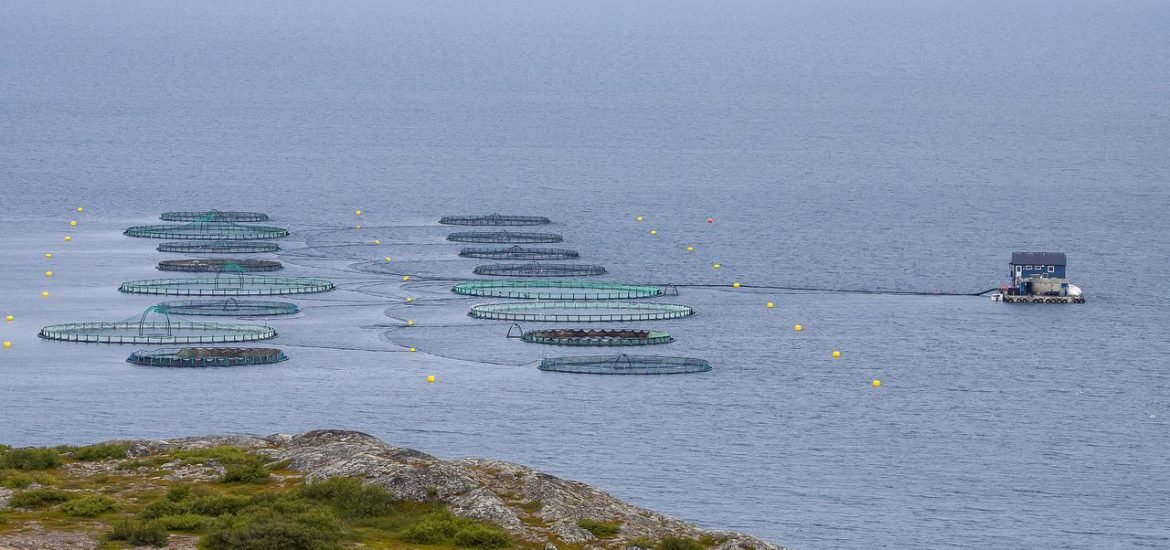
A team from the Tel Aviv University and the Israel Oceanographic and Limnological Research Institute in Haifa have developed a new way to promote the growth of “enriched seaweed” with higher levels of nutrients, proteins, dietary fibre, and minerals for human and animal needs, according to a study published in the scientific journal Innovative Food Science & Emerging Technologies.
This method significantly increases overall production yields, as well as protein levels, carbohydrates, and minerals in the seaweed’s tissues. The authors claim this “enriched seaweed” can be seen as a natural superfood with very high nutritional value. The aim is to use this product in the health food industry and to secure an unlimited food source.
In the study, local species of the algae Ulva, Gracilaria, and Hypnea were produced near fish farming systems under different environmental conditions. These conditions allowed the seaweed to grow with a higher nutritional value to the point of becoming “enriched seaweed,” which is a superfood. The authors predict that in the future, it will be to use this enriched product in other industries, including as nutritional supplements or as medicine, as well as in the cosmetics industry.
“Seaweed can be regarded as a natural superfood, more abundant in the necessary components of the human diet than other food sources,” said lead author Doron Ashkenazi. “Through the technological approach we developed, a farm owner or entrepreneur will be able to plan in advance a production line of seaweed rich in the substances in which they are interested, which can be used as health foods or nutritional supplements; for example, seaweed with a particularly high level of protein, seaweed rich in minerals such as iron, iodine, calcium, magnesium, and zinc, or in special pigments or anti-oxidants. The enriched seaweed can be used to help populations suffering from malnutrition and nutritional deficiencies, for example, disadvantaged populations around the world, as well as supplements to a vegetarian or vegan diet.”
In addition, this method does not require extensive areas of land, freshwater, or large amounts of fertiliser. It is much more environmentally friendly and preserves nature. What’s more, the authors believe this process offers an ideal sustainable and clean form to produce food. Aquaculture is already receiving some support from governments worldwide because of its environmental benefits, including lower emissions of greenhouse gases and a lower carbon footprint. “Technologies of this type are undoubtedly a model for a better future for humanity, a future where humans live in idyll and in health in their environment,” concluded Ashkenazi.
Ashkenaziab D, Segal Y, Ben-Valid S (2022) Enrichment of nutritional compounds in seaweeds via abiotic stressors in integrated aquaculture. Innovative Food Science and Emerging Technologies, https://doi.org/10.1016/j.ifset.2022.103067